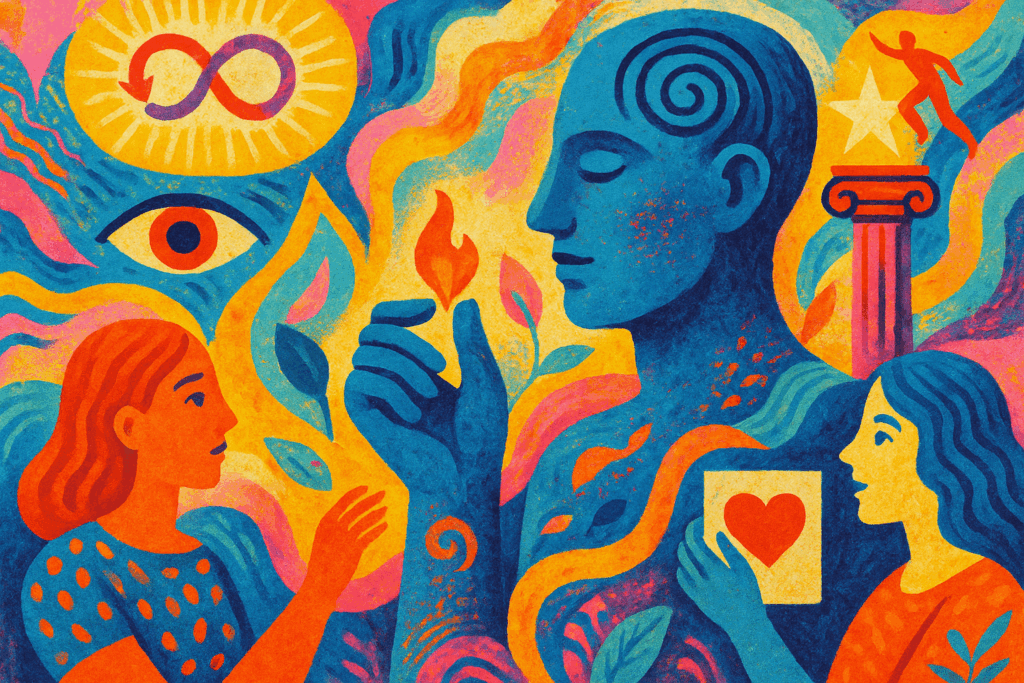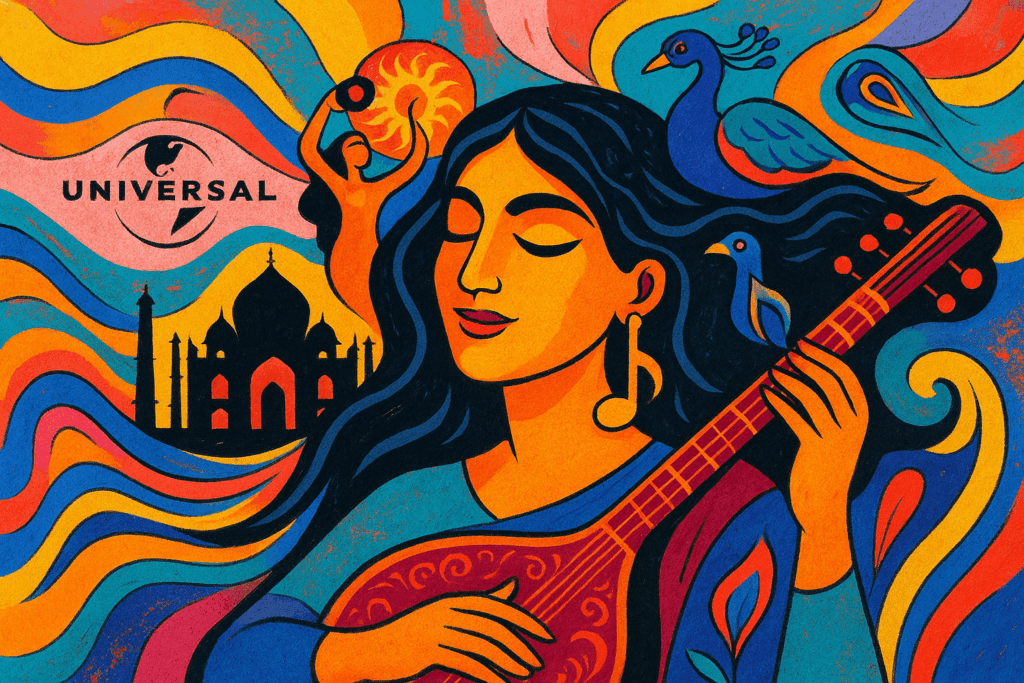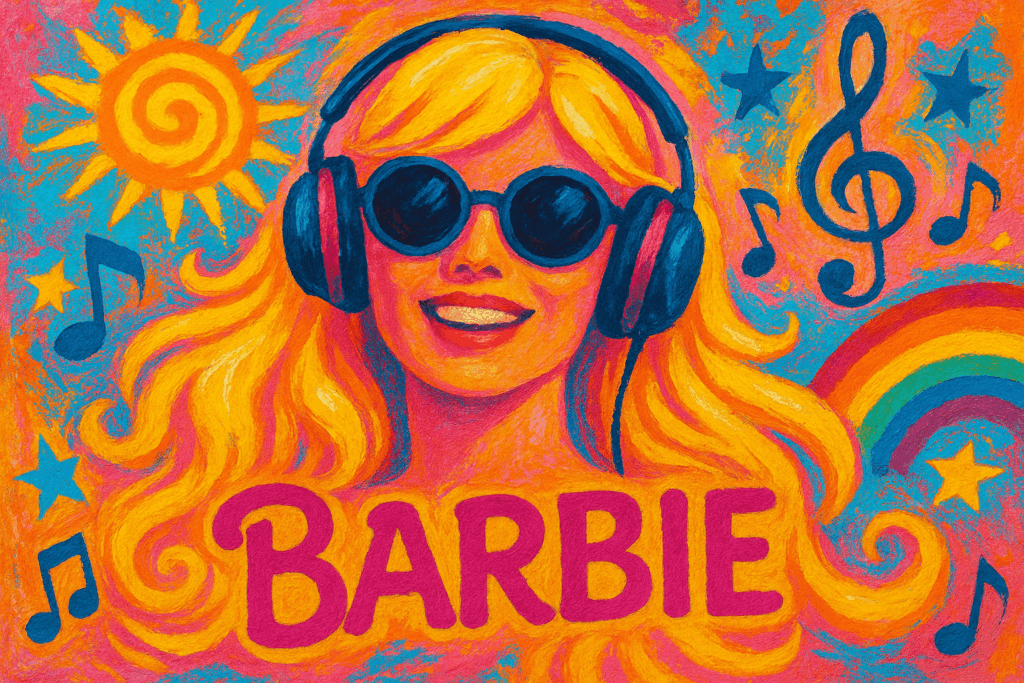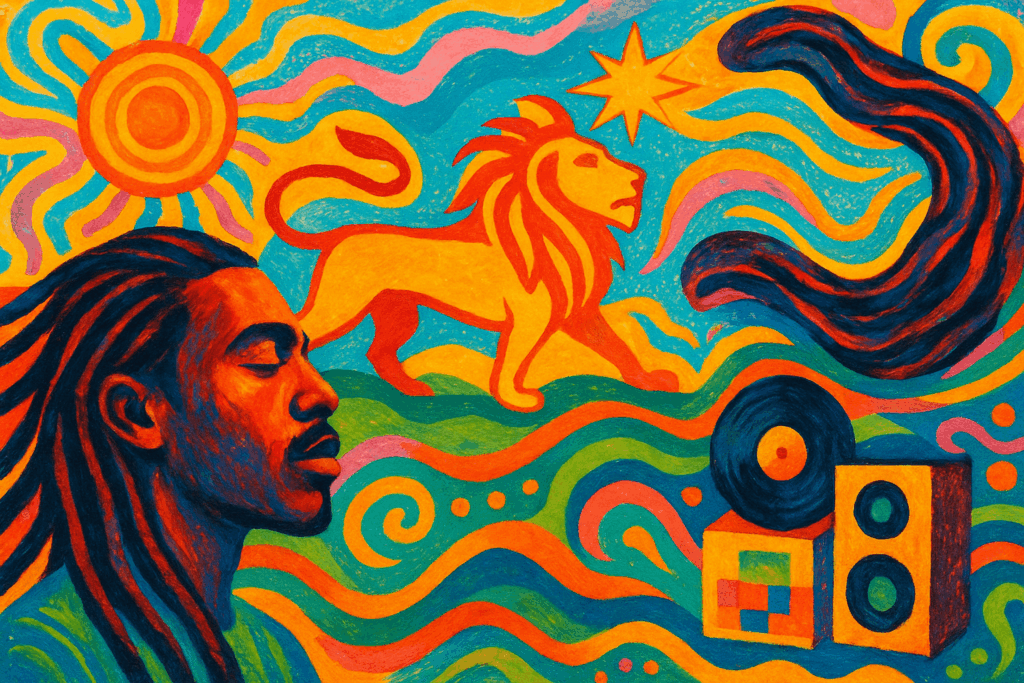Why Pop Culture Feels So Familiar
In today’s film, music, and television landscape, audiences are surrounded by sequels, reboots, and sprawling franchises. This repetition creates a sense that pop culture is stuck in a loop, offering little that feels new. Andrew deWaard, author of “Derivative Media,” offers keen insight into this phenomenon, suggesting the trend extends beyond mere creative choices to reflect deeper industrial patterns shaping what we consume.
The Financial Grip on Creativity
One key factor driving the sameness is media consolidation paired with the increasing influence of financial entities such as hedge funds and private equity firms. These investors prioritize steady returns and minimize risk, which often leads to favoring proven formulas over untested ideas. When a handful of corporations control the majority of media outlets, there is less room for diverse voices and original content, resulting in a homogenized cultural output designed primarily to secure stable profits.
Reclaiming Originality: Your Role
It is a common belief that audiences demand only sequels and familiar stories, but this popular narrative overlooks the business motivations behind content choices. Companies focus on what guarantees financial success rather than what audiences truly crave: fresh perspectives and innovative storytelling. Numerous original works have achieved success when given the chance, demonstrating that appetite for new ideas exists. As consumers, people can support originality by seeking out and championing diverse creators, independent projects, and stories beyond the mainstream algorithms. This shift encourages the creative industry to take more risks and broadens the cultural landscape for everyone.
By understanding the financial dynamics and corporate strategies shaping pop culture, readers can become more mindful consumers, playing an active part in fostering a richer, more varied cultural environment.




